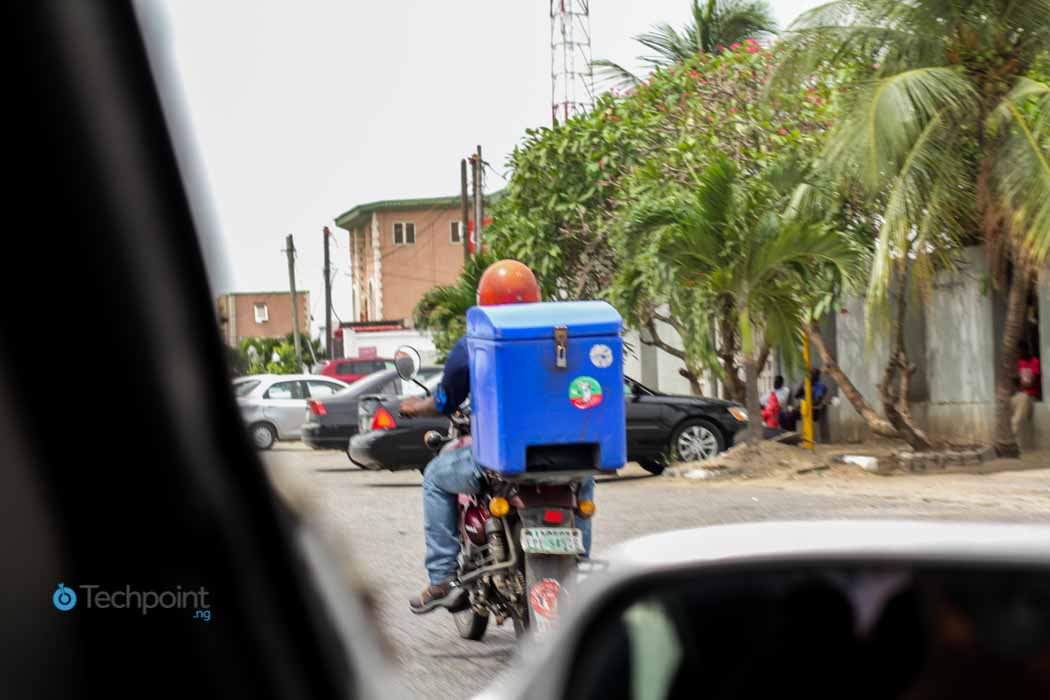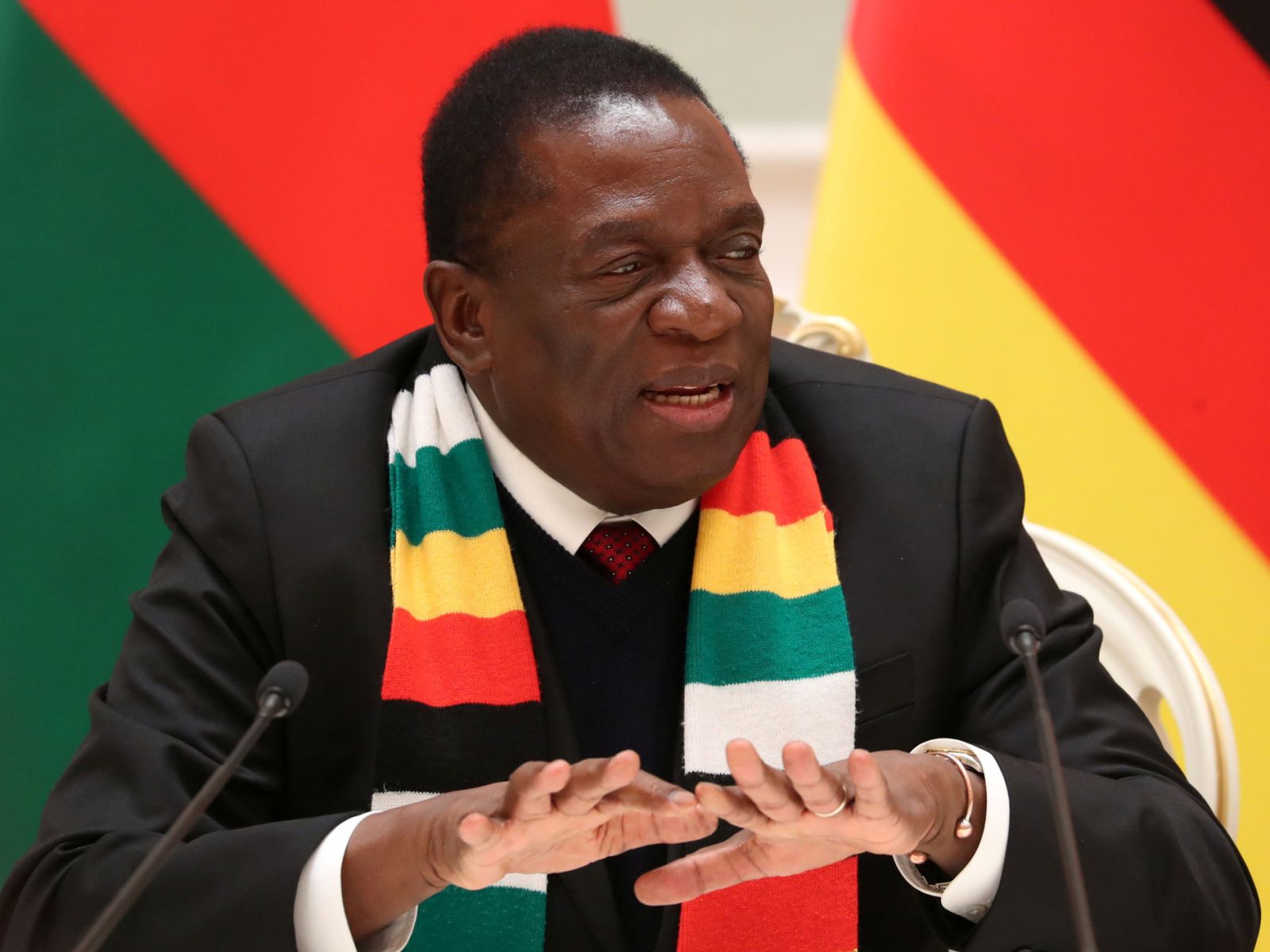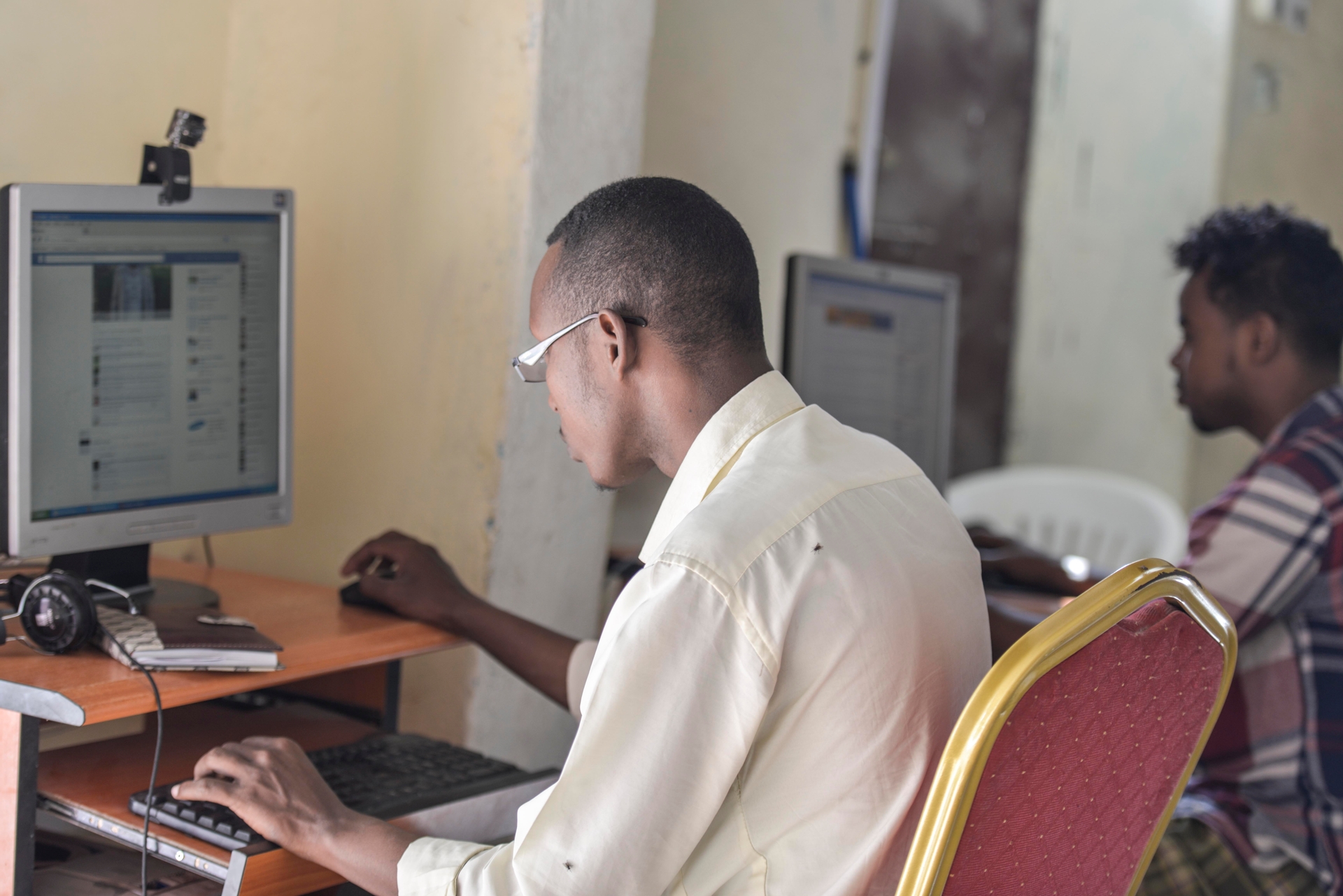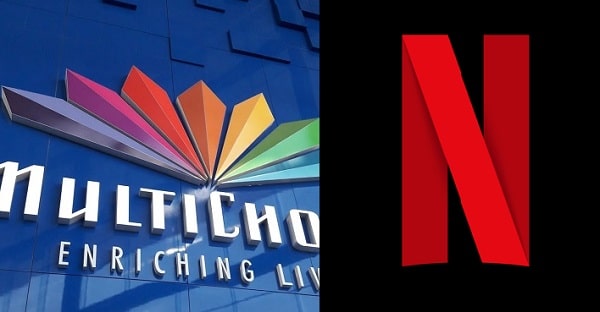Over the course of three years between 2016 and 2018, the Nigerian government allocated ₦1.45 billion ($3.99 million) towards the establishment of a national carrier -- Nigeria Air.
In September 2018, just a few months after unveiling the name and logo of the national carrier, the immediate past Minister of State on Aviation, Hadi Sirika revealed that the Federal Executive Council (FEC) had made a decision to suspend the project in the interim.
Despite the FEC’s decision to suspend the project, there are still two line items about the national carrier in the 2019 Appropriation Act (PDF). Apparently, an indefinite suspension doesn’t affect budgetary allocation.
Suggested Read: FG allocated over ₦1.45b to Nigeria Air with barely anything to show for it
Despite making an appearance in the budget for three consecutive years, ‘Consultancy for the establishment of national carrier’ still made it through to the 2019 approved budget. The sum of ₦186.6 million ($512,961) was allocated for the consultancy in 2019, following allocations of ₦50 million ($137,449), ₦200 million ($549,798)and ₦40 million ($109,960.) in 2016, 2017 and 2018 respectively.
However, ‘Establishment of national carrier (Appointment of transaction adviser and others)’ which has been appearing in the budget for the last three years alongside the allocation for consultancy is not on the 2019 budget.
Also, appearing for the first time on the budget is a ‘working capital’ allocation of ₦7.28 million ($20,013) towards the national carrier. Investopedia defines working capital as the difference between a company’s current assets and its current liabilities.

Be the smartest in the room
Give it a try, you can unsubscribe anytime. Privacy Policy.
An accountant told Techpoint that working capital is not allocated but rather calculated. This questions this inclusion of ‘working capital’ for the national carrier on the budget.
As it is, Nigeria Air whose fate seems unknown is still costing the nation ₦193.88 million ($532,974) after its indefinite suspension. Maybe, we should remain hopeful for a national carrier after all.






















